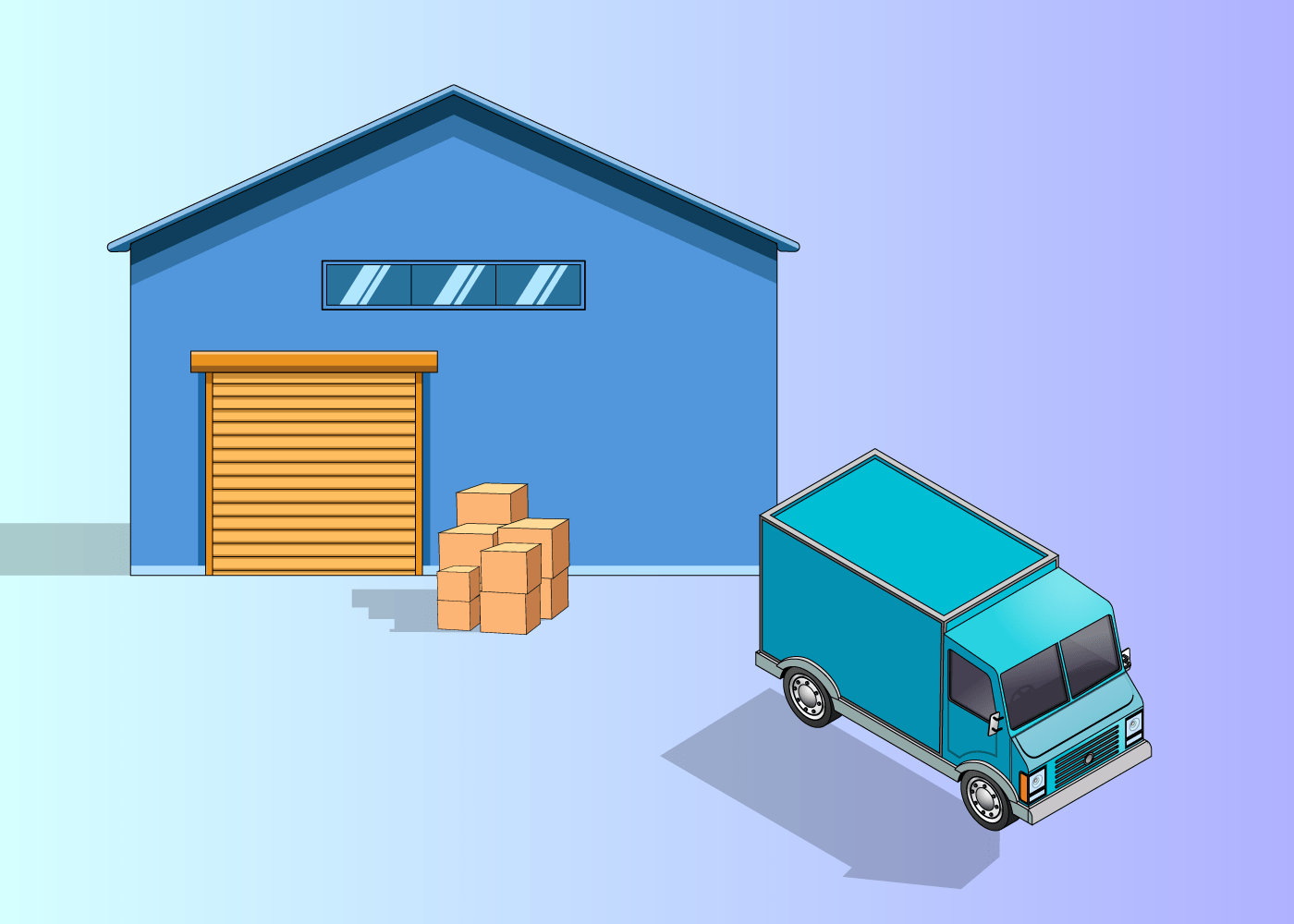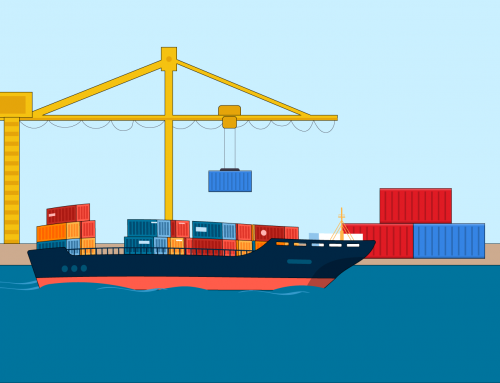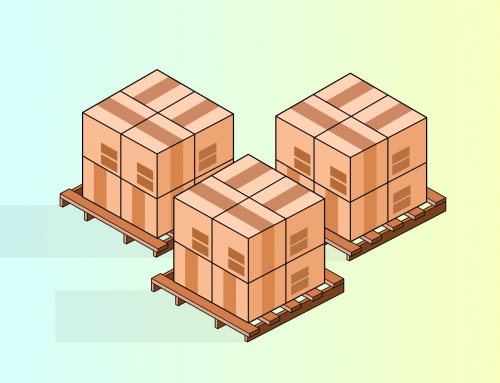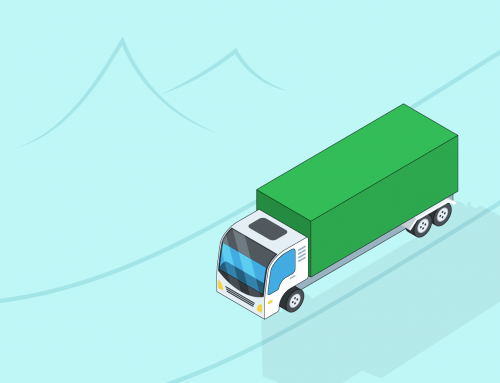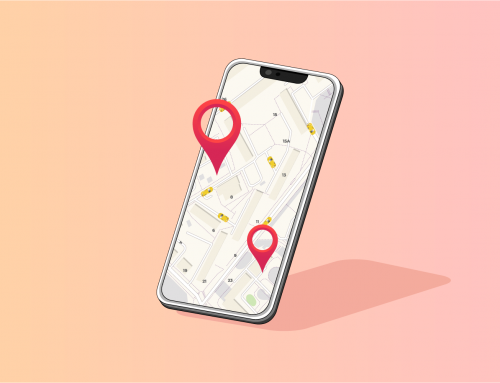Overview EXW Incoterms Ex Works
The EXW Incoterms 2010 means Ex Works, so that the goods (for export) will be placed outside the seller’s factory ‘gates’ (i.e. loading bay), and it is the responsibility to the buyer to arrange collection, transportation and all customs clearance of the goods to the buyer’s destination market. EXW Incoterms (ExWorks) Incoterm 2010 is the simplest delivery term that a seller can use, and by contrast, is the most difficult for the buyer to administer.
Click here to listen to the audio blog version.
Ask An Expert
Discussion on EXW Incoterms 2010 with renowned global trade expert Murdo Beaton and Abdul Mann, creator of the cloud-based export solution EdgeCTP.
Geoff:
In this episode we’ll be discussing ExWorks including how and when to use it, but we’ll start with the basics. Murdo, what is ExWorks – EXW Incoterms?
Murdo:
EXW Incoterms are available within the international trade supply chain. The term denotes a position where the exporter chooses to make the goods of the transaction available to the buyer at the exporter’s premises. Technically according to the Incoterm, making them available at the premises is exactly that, not making them available loaded onto the collection vehicle. The Incoterm clearly states that the exporter is not obliged to load the goods on to the collecting vehicle. There are means by which the exporter can actually provide his client with the provision of loading the vehicle at the time of collection but that provision should be considered separate from the ExWorks transaction and would probably be considered as an additional service provided by the export to the buyer outside of the main terms of the contract.
Abdul:
OK Murdo, so what you’re saying there is that if I’m a factory that has produced a particular widget and the customer now has to come to my factory gate and pick up that particular widget, not only pick it up, I mean literally pick it up. I mean, I’ll just leave it by the gate or on my factory floor and they’ll have to come and pick it up, put in on their lorry and take it away.
Murdo:
Yes, the buyer or whoever might be representing them is obliged to lift the consignment or the package from the position where I have placed it. I must be careful however that the position in which I place it is one that makes it possible for them to lift it without too much distress.
Abdul:
Is EXW Incoterms the easiest to use then out of all of the other Incoterms that we have?
Murdo:
It is. Certainly it puts less pressure on the exporter in terms of being responsible for the transaction beyond their factory gates, but when using it, certainly for a new exporter this would be considered more appropriate as they don’t have to get involved with any of the logistics of getting the goods to the buyer’s premises. Having said that, just because it’s nice and tidy and makes it possible for the exporter to just simply make the goods available at his own premises, we must also consider that there are obligations built into the EXW Incoterms as with the others. One of the main ones is that the goods that are being made available for collection by the exporter must meet all the other demands and requirements of the transaction agreement, and that includes the provision of all documents that are necessary for the purpose of the transaction and fall into the category of documents for which the exporter is responsible. So we must not just simply discard all of the other obligations that could be part of the exporter’s responsibility.
Abdul:
So in terms of the exporter’s responsibility, they can’t shirk off the responsibility of producing the necessary documentation to get the goods from the exporter’s factory all the way to the buyer’s door. Those documents, if they are the responsibility of the exporter, need to be produced irrespective of him choosing EXW Incoterms.
Murdo:
Yes indeed and also we must consider that the exporter is an entity that is registered as far as the United Kingdom is concerned, within the United Kingdom. The United Kingdom does have certain regulatory provisions surrounding goods that may be of a sensitive nature and by that I mean goods which could fall under the Export Control Order. Where we have goods that are being supplied on an EXW Incoterms basis and the exporter is totally aware that they are being exported, one asks the questions “Is it the exporter’s responsibility to be aware of the fact that these goods they are making available to the buyer could be subject to an export licence?” If that is the case then it is beholden on the exporter to make it known at least to the buyer that the goods are licenceable goods and before they are exported it may be necessary to secure an export licence.
Abdul:
So, due diligence is still necessary irrespective of which Incoterm you use?
Murdo:
Due diligence is totally necessary and one could argue the exporter is not permitted under any circumstances to break the laws of the land. One could say that neither are overseas buyers but they may choose to do so, but that doesn’t relieve the exporter of that obligation. So one may argue it really is at the end of the day the exporter’s responsibility to make sure an export licence has been secured by the buyer. If indeed an export licence is required. Here the exporter will have to support the buyer in all aspects that the buyer has to engage with in order to secure such a licence should it be required.
Abdul:
So we’ve looked at why you would use EXW Incoterms, purely because of simplicity, is that what we’re saying?
Murdo:
Yes, simplicity in terms or allowing or enabling the exporter to avoid some of the complexities that could be associated with a physical logistic exercise.
Abdul:
So if you don’t want to get involved with the logistics of moving the product from A to B you would go with EXW Incoterms. However, your responsibilities for the documentary requirements and the support of declaring it etc. would still lie with yourself as the exporter.
Murdo:
Absolutely. As an exporter you must make sure that you are conforming and compliant with the all the obligations you have as an exporter at the time which you make these goods available to your buyer for collection at your premises. If you then beyond that position wish to assist the buyer in loading the vehicle he has placed at your disposal for the collection of these goods then fine, do that. But make sure that is being done possibly as an agent acting on behalf of your buyer. The contract itself essentially remains an EXW Incoterms contract.
Abdul:
So if we took an example, say I’m buying from yourself Murdo and you decide you’re going to use EXW Incoterms. Would it be you that decides we’re going to use it? How do we go about deciding which one we’re going to use? Is it buyer/ seller or seller/buyer?
Murdo:
Again, this is an issue determined by both parties. Now the buyer may choose to suggest that they will collect the gods from the exporter’s premises and that may be because the buyer has confidence that they command a much stronger position in the logistics arena and they’re able to command much more competitive transport rates than the exporter might. The buyer being conscious of the fact that either way he’s going to have to pay the cost of the transport within the price of the goods if he allows the exporter to make the delivery. So on that basis the buyer may very well say “No, I’m able to get better transport rates and more efficient transport provision so I’ll arrange the collection of these goods myself.” The exporter on the other hand might say “That’s OK with me then, I’m not really overly concerned with that and that saves me getting involved with any logistics hassle.”
Geoff:
I hope you enjoyed this audio. If you’d like more information on international trade go to www.edgectp.com. All material in this audio is copyrighted and all reproduction rights are reserved by Morgan Goodwin Ltd, thank you.

